SASSA Grant Types and Their Eligibility Criteria
The Sassa is a governmental organization in South Africa that offers monthly SASSA social grants to individuals experiencing financial challenges. Approximately 19 million individuals in South Africa depend on these social grants. SASSA offers various types of grants, each with specific eligibility criteria and subject to a means test to determine the level of financial need.
We assist you in choosing the right grant to apply for based on your specific needs and circumstances. I will cover the eligibility criteria for each grant and the monthly payment amounts for each one.
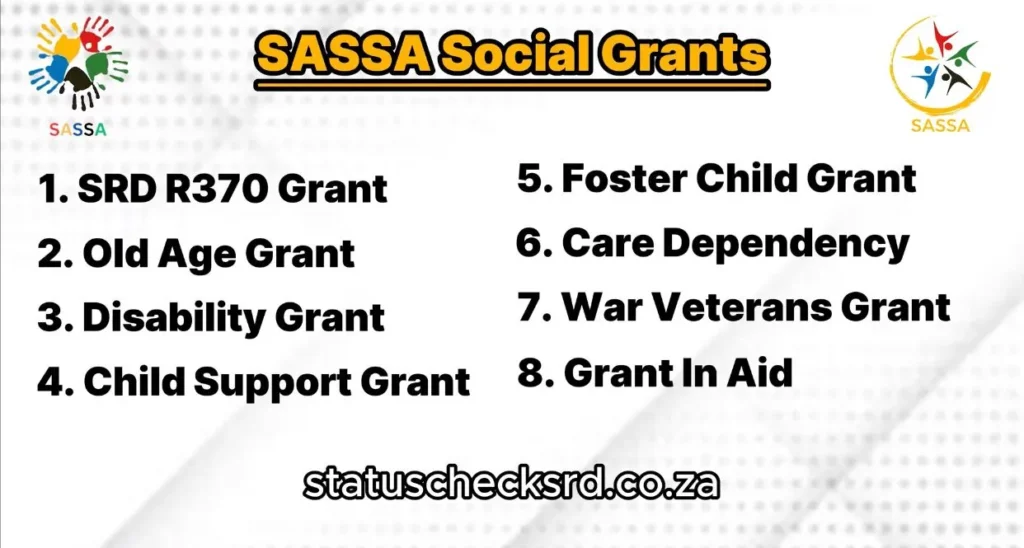
What are SASSA social grants?
Social grants are the monthly payments SASSA gives to permanent residents of South Africa, including citizens, asylum seekers, and special permit holders who need financial assistance.
SASSA performs a means test to confirm the income and assets of applicants before approval. This process ensures that the grants are allocated to those in need and meet the criteria for assistance.
Types of SASSA Grants Available for Beneficiaries
SASSA manages 8 types of government grants in South Africa. To be eligible for these grants, individuals must meet the basic criteria of being a South African citizen, permanent resident, or a recognized refugee. Review the requirements for each category to determine your eligibility before submitting your application.
1. SRD R370 Grant
The SRD also referred to as Temporary Assistance, was introduced as a means of offering temporary financial aid to individuals experiencing financial hardships in meeting their family’s needs. Due to its effectiveness, the government has decided to extend the grant’s validity until April 2025.
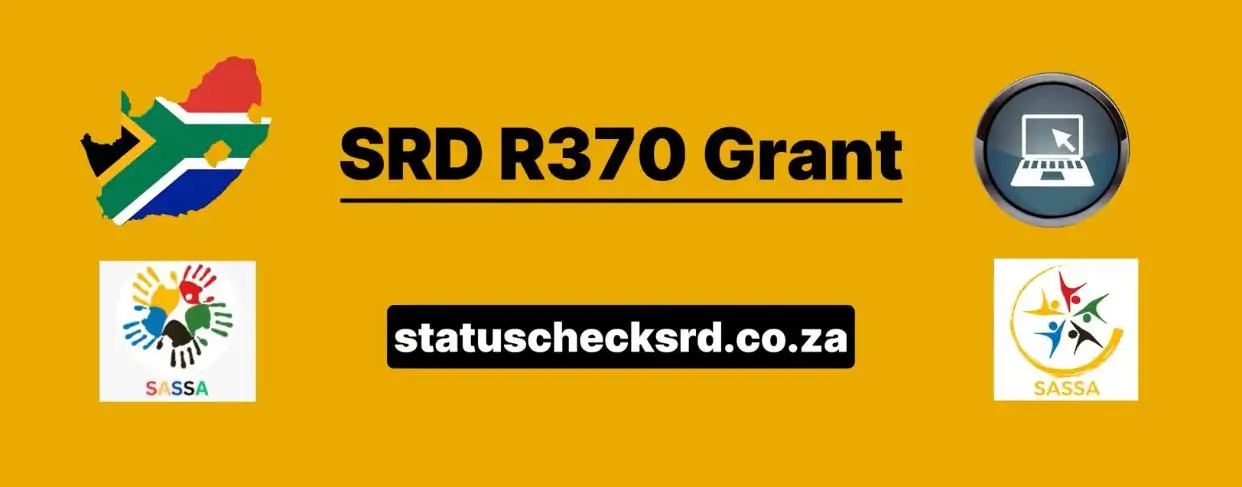
Eligibility criteria are mentioned below to qualify for the SRD grant.
| Payment issue | If your social grant application has been approved but you haven’t received the first payment yet. |
| Disability | If your family earner becomes temporarily disabled for less than 6 months. |
| Death | If the main provider of the household has passed away. |
| Under care | If your income earner is admitted to a care facility for at least one month. |
| Court order | If you’re not receiving court-ordered financial support from someone legally obligated to provide for you. |
| Disaster | If your household has been affected by a disaster as defined by South African law. |
If you’re interested in applying, all you need to do is visit your nearest SASSA office or visit how to apply for SRD artcile.
2. Old age Grant
If you are 60 years of age or older and lack financial support, you can apply for a SASSA old age grant. This assistance program can provide you with the necessary financial aid to help you through this stage of life.
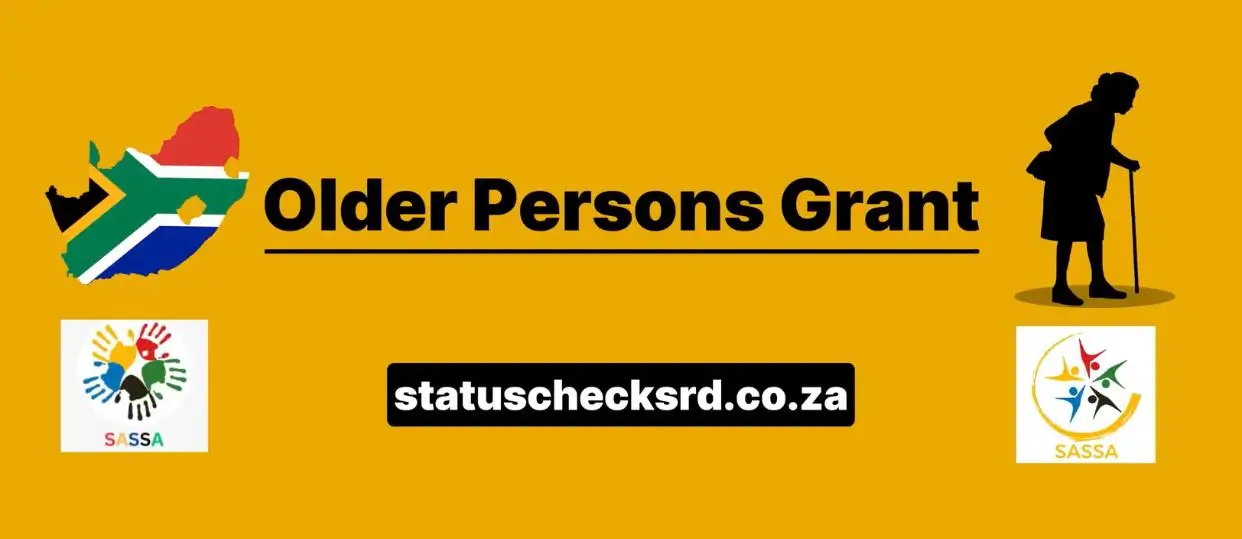
Eligibility criteria mentioned below to qualify for the Older persons grant:
- Applicant must be at least 60 years old.
- Your spouse must pass the means test.
- You cannot be living in old age home.
- You cannot receive any other social grant from SASSA.
- Please ensure that you have your ID documents for both you and your spouse.
You can apply for the grant by simply visiting application process for the Old Age Grant
3. Disability Grant
The disability grant is specifically designed to support individuals who are unable to work due to mental or physical disabilities and are unable to work for a period exceeding six months. Whether the disability is temporary or permanent, they are eligible to apply for the disability grant provided by SASSA.
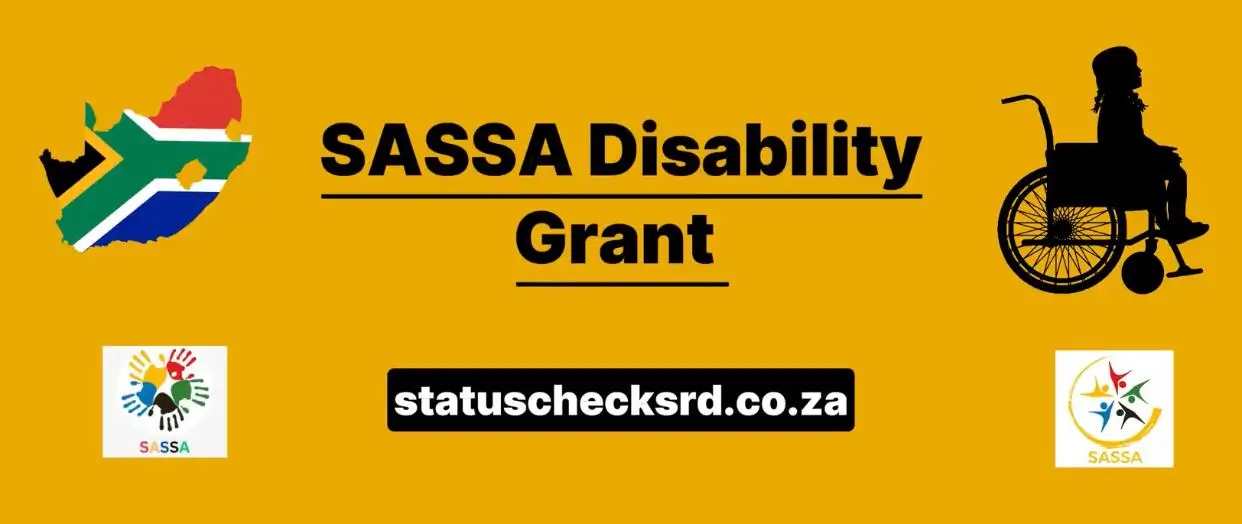
The eligibility criteria for disability grants are as follows:
| Age | Applicant must be between 18 and 59 years old. |
| Report | Have a medical assessment report confirming your disability. |
| Means test | You and your spouse must pass the means test. |
| Funded institute | You cannot be living in a funded institution (e.g., a hospital, or care facility). |
| Receving grant | Receiving any other grant from SASSA is not allowed. |
| Documents | Provide your 13-digit ID card for both you and your spouse. |
To avail of this grant, follow comprehensive application process on SASSA Disability Grant.
4. Child Support Grant
If you are the biological parent or primary caregiver of a child and find yourself unable to meet their basic needs, you have the option to apply for the child support grant.
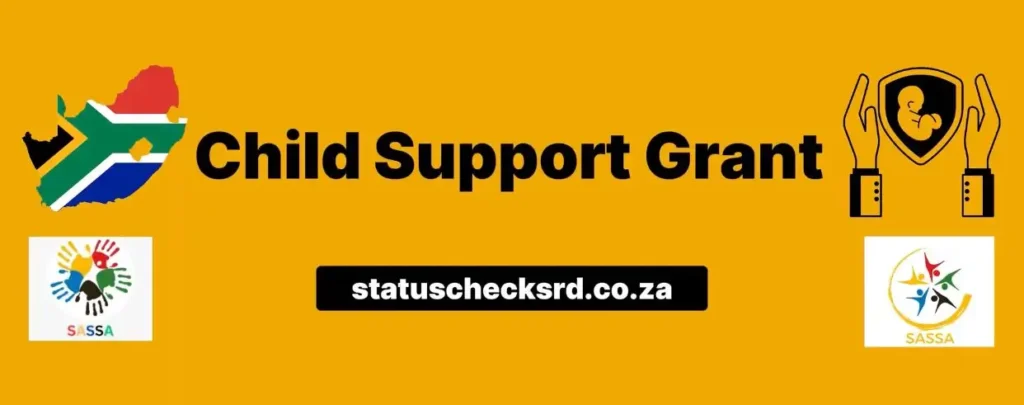
The eligibility criteria for a child support grant are below:
- Both of you must be living in South Africa.
- You will need child’s official birth certificate.
- Provide 13-digit ID for your spouse (if applicable).
- You must be child’s primary caregiver.
- You and your spouse meet the requirements of the Means Test.
- You can’t apply for more than 6 children.
- The child cannot be in the care of a funded institution.
- Attendance and providing proof of attendance are compulsory for school-age children.
For more comprehensive information about the Child Support Grant, including a detailed explanation of the application process, we encourage you to consult the dedicated article.
5. Foster Child Grant
Those providing care for foster children and experiencing financial challenges may be entitled to receive assistance through the SASSA Foster Child Grant.
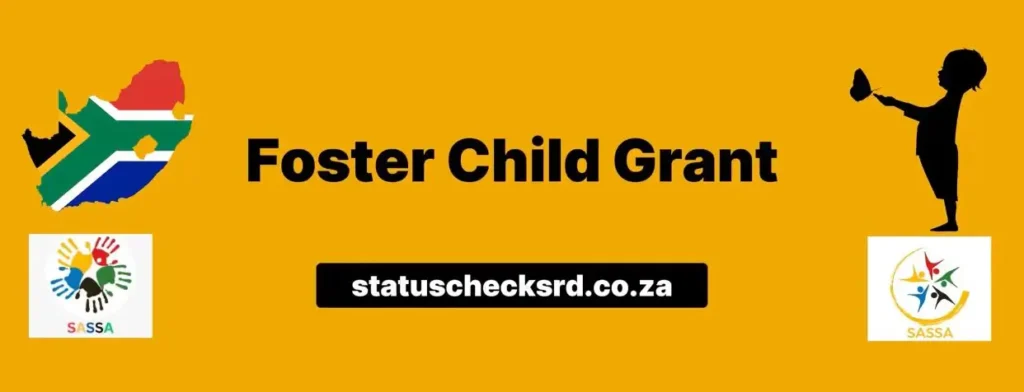
Requirements that must be met to qualify:
- The foster parent must provide a court order.
- The child must be living with and cared for by foster parent.
- Provide ID document for both the applicant.
- A child’s birth certificate is required.
For further information and details regarding the application process, please visit SASSA Foster Child Grant article.
6. Care Dependency Grant
The grant is available for caregivers of children who are permanently disabled and need special care at home.
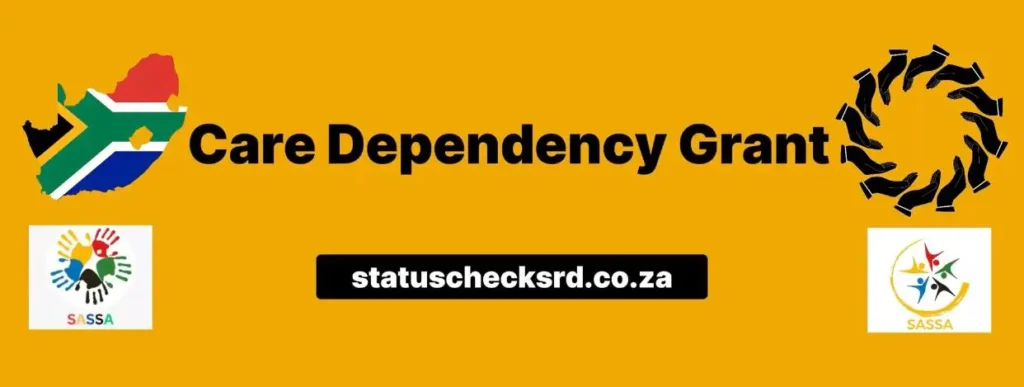
The eligibility criteria for the Care Dependency Grant are listed below:
- The child must be under 18 years old.
- The applicant must provide the child’s clinical information.
- The child needs to undergo a medical assessment to confirm their disability.
- The applicant and spouse must pass the Means Test, except for foster parents.
- The child cannot be in the permanent care funded institution.
- You will need the child’s official birth certificate.
- Children who are of school age must provide proof of attendance up to 18 years old. Not having this certificate or attending school will not result in the denial of the child support grant.
If you’re looking for more information about the Care Dependency Grant and how to apply for it, I recommend reading article titled SASSA Care Dependency Grant.
7. War Veterans Grant
The grant is exclusively for veterans who served in either World War II or the Korean War. To be eligible, you need to be either 60 years old or disabled.

The eligibility criteria for the War Veterans grant are the following:
- You must be either 60 years old or older, or be classified as disabled.
- You must have participated in the Second World War or the Korean War.
- You and your spouse must pass income and asset check.
- You cannot be living in old age home.
- You cannot be receiving any other social grant.
- Provide your ID documents and those of your spouse.
8. Grant in Aid
Grant-In-Aid is exclusively for current grant holders who need full-time care at home and cannot care for themselves. Available only to Old Age, Disability, and War Veterans grant holders as a supplementary amount to their main grant.
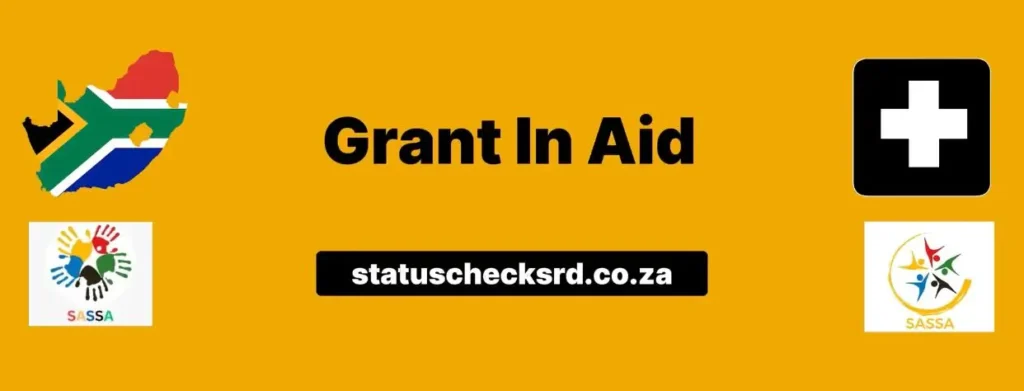
To apply for the grant-in-aid, it is necessary to fulfill the criteria mentioned below:
- You must already be receiving one of the following grants:
- Older Persons Grant
- Disability Grant
- War Veteran’s Grant
- You require regular care from another person due to physical or mental disabilities.
- You cannot be living in a state-funded institution for beneficiary care.
- You must undergo a medical assessment.
- Provide clinical information or a referral form documenting your disability.
- If your application was previously denied due to medical reasons, submit a referral form completed by your current doctor.
I recommend reading the article that provides detailed information about application process for grant in Aid.
Why is your SRD R370 grant rejected?
Here are common reasons that may have led to a rejection of your SASSA R370 grant application:
| Reasons for SRD grant rejection |
|---|
| Application Form Not Fully Completed |
| Obsolete Information |
| Eligibility criteria not filled |
| Insufficient Documentation |
| Given information can’t be verified |
| Apply more than 1 times for a grant |
| Previous grant rejected by fraud |
| A technical error in database |